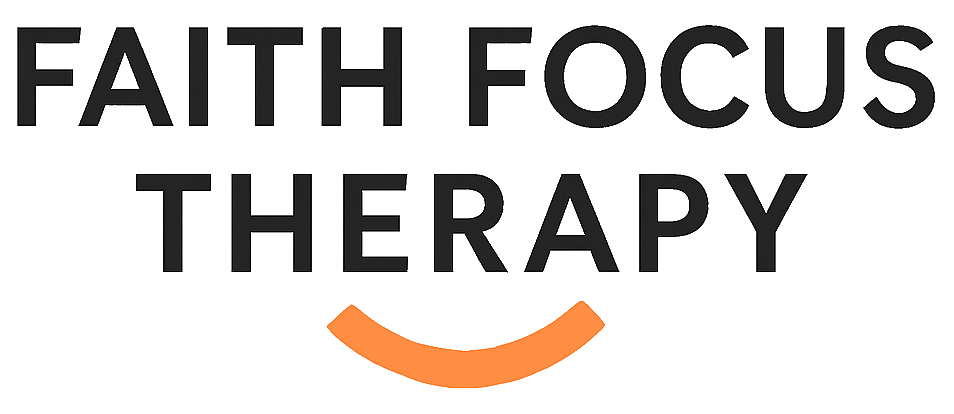Should I take this job? Is this relationship right? Am I making the right parenting choice? How do I know if this is God’s will or just my anxiety talking?
If you’ve ever found yourself spinning in circles, analyzing every possible outcome until you’re more confused than when you started, you’re not alone. Here in Central Texas, I work with so many Christians who genuinely want to follow God’s guidance but struggle to distinguish between biblical discernment and anxious overthinking.
The truth is, they’re not the same thing at all. And learning to tell the difference can be the key to both emotional peace and spiritual clarity.
What Overthinking Actually Looks Like
Overthinking is that mental hamster wheel that keeps spinning without getting anywhere. It’s when your mind becomes a courtroom where you’re simultaneously the prosecutor, defense attorney, judge, and jury—arguing every side of a decision until you’re paralyzed.
Common signs of overthinking:
• Endless “what if” scenarios that multiply rather than clarify
• Decision paralysis despite having adequate information
• Increased anxiety the more you “think it through”
• Focusing on worst-case scenarios or trying to control every outcome
• Feeling depleted and confused after your mental analysis
You might spend three weeks analyzing whether to switch your child’s preschool—making pro and con lists, researching every possible school, interviewing other parents, and even losing sleep over it. The more you think, the more anxious you become. That’s overthinking in action—the process itself becomes the problem.
What Biblical Discernment Actually Is
Discernment, on the other hand, is a spiritual discipline. It’s the practice of seeking God’s wisdom and aligning our decisions with His character and truth. Biblical discernment isn’t about having perfect information or controlling outcomes—it’s about surrendering our need for certainty while actively seeking God’s guidance.
Hallmarks of true discernment:
• Prayer and Scripture are naturally part of the process
• Peace that “surpasses understanding” even in uncertainty
• Wisdom that considers others’ well-being, not just our own
• Decisions that align with God’s character and biblical principles
• A spirit of surrender rather than control
Taking the same preschool example: when we shift from analysis paralysis to prayer and biblical wisdom, clarity often comes within days. Instead of endless research, you might ask: “What decision would best serve my child’s growth and our family’s peace?” You pray about it, seek counsel from trusted friends, and feel clear direction. That’s discernment.
The Key Differences: A Side-by-Side Comparison
| Overthinking | Biblical Discernment |
|---|---|
| Driven by anxiety and fear | Rooted in prayer and trust |
| Leads to confusion and paralysis | Leads to clarity and peace |
| Focuses on controlling outcomes | Focuses on faithful obedience |
| Self-centered perspective | God-centered and others-focused |
| Depletes energy and faith | Strengthens faith and wisdom |
| Seeks perfect information | Seeks God’s heart and character |
Practical Steps to Move from Overthinking to Discernment
1. Notice Your Body
Overthinking creates physical tension—tight shoulders, clenched jaw, restless energy. Discernment, even when the decision is difficult, tends to bring a sense of settling or groundedness. Your body often knows the difference before your mind does.
2. Apply the “Peace Test”
Philippians 4:6-7 promises that when we bring our anxieties to God in prayer, “the peace of God, which transcends all understanding, will guard your hearts and your minds.” If your decision-making process is producing anxiety rather than peace, you may be overthinking rather than discerning.
3. Ask Better Questions
Instead of “What if this goes wrong?” try asking:
• “How does this align with God’s character?”
• “What would love look like in this situation?”
• “Am I trying to control outcomes that belong to God?”
• “What decision would honor both my relationships and my faith?”
4. Seek Godly Counsel
Proverbs tells us there’s wisdom in many counselors. But notice—this isn’t about polling everyone you know until someone tells you what you want to hear. It’s about seeking input from people who know both you and God’s character well.
5. Practice the “Submit and Commit” Principle
Psalm 37:5 says, “Commit your way to the Lord; trust in him and he will do this.” Sometimes discernment means making the best decision you can with the information you have, then trusting God with the outcome. Overthinking wants guarantees; discernment trusts God’s sovereignty.
When Overthinking Becomes a Spiritual Issue
Sometimes, what we call “wanting to make the right decision” is actually a struggle with control and trust. If you find yourself constantly overthinking, it might be worth asking:
• Am I trying to be God in my own life?
• Do I trust that God is good even when outcomes aren’t what I expected?
• Am I more committed to being “right” than to being faithful?
This isn’t about shaming yourself for having an active mind—God gave you that mind! But when our thinking becomes compulsive or anxious, it often reveals deeper questions about trust and surrender.
For the Chronic Overthinkers
If this resonates deeply, you’re not broken. Many of us have learned to cope with uncertainty by trying to think our way to safety. But there’s a difference between wise planning and anxious spinning.
Sometimes overthinking is less about the current decision and more about past wounds, anxiety patterns, or a nervous system that’s been in overdrive for too long. If you find yourself unable to move from overthinking to discernment despite your best efforts, that’s when professional support can be invaluable.
As a therapist, I often see overthinking connected to:
• Childhood experiences of unpredictability or criticism
• Perfectionism or people-pleasing patterns
• Anxiety disorders that need clinical attention
• Trauma responses that keep the mind in hypervigilance
There’s no shame in getting help to address the roots of chronic overthinking. Sometimes our minds need healing before they can rest in discernment.
The Freedom of Faithful Decision-Making
Here’s what I’ve learned both personally and professionally: God doesn’t require perfect decisions from us. He requires faithful hearts. When we approach decisions with prayer, wisdom, love for others, and trust in His sovereignty, we can make choices with confidence—even when we can’t see all the outcomes.
The goal isn’t to never think deeply about important decisions. The goal is to think clearly, pray honestly, seek wisdom humbly, and then trust God with the results.
When people learn to move from overthinking to discernment, they often find not just better decision-making, but genuine peace in the process. They learn that faithful choices matter more than perfect outcomes.
Moving Forward with Confidence
Whether you’re facing a major life decision or just trying to quiet your spinning mind, remember: God hasn’t left you to figure it all out alone. He’s given you His Word, His Spirit, His people, and the promise that He works all things together for the good of those who love Him.
You don’t have to have it all figured out. You just have to be faithful with the next right step.
If you’re in Georgetown, Round Rock, or anywhere across Texas and find yourself stuck in patterns of overthinking that keep you from the peace and clarity you’re seeking, you don’t have to navigate this alone. Whether it’s learning to distinguish between anxiety and discernment, processing the deeper roots of chronic overthinking, or simply finding a safe space to talk through life’s decisions with someone who understands both the psychological and spiritual dimensions of these struggles, support is available.
Sometimes the most faithful thing we can do is reach out for help in learning to think clearly and trust deeply.
Looking for support in moving from overthinking to discernment? I’m Alex Barnette, a licensed marriage and family therapist offering faith-based counseling to individuals and couples throughout Texas. See if we’re a good fit or learn more about my approach to individual Christian counseling.
This post was written using our automated content process that takes actual insights from my practice and turns them into inspirational content. Read about the process here.




